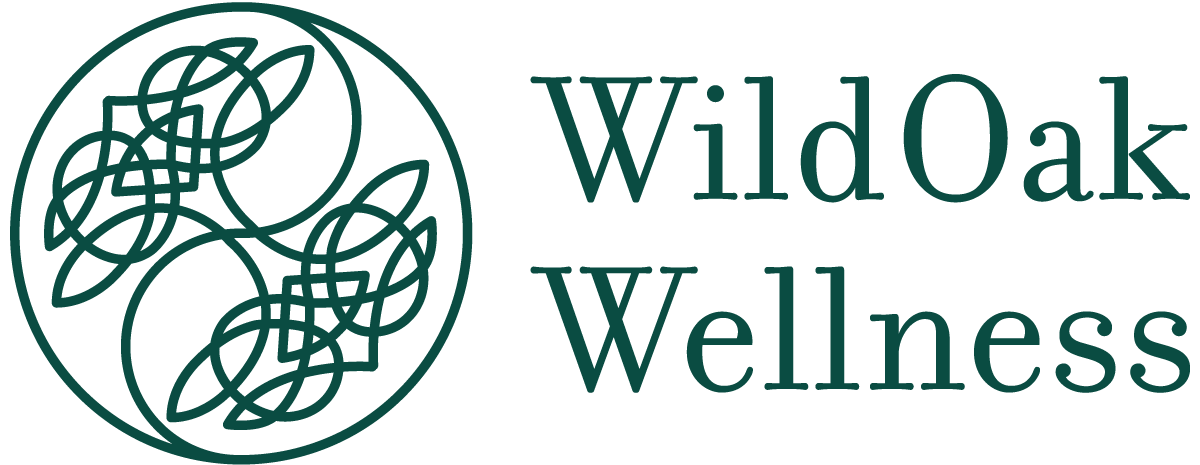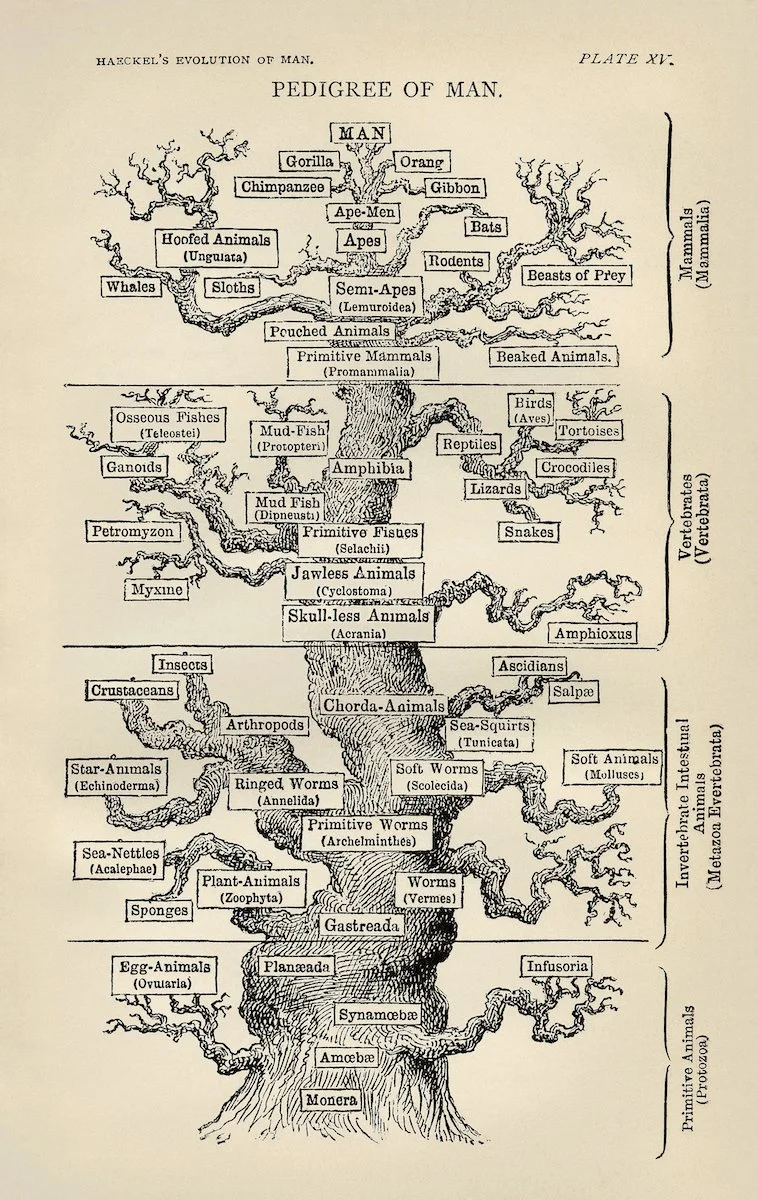Holistic Healing
Holistic Healing literally means ‘to bring the whole back to wholeness.’ This process is about integration, harmonization, and cultivation, whereas Conventional Medical treatments tend to be more targeted in attacking diseases directly. In Holistic Chinese Medicine, while the symptoms of disease are considered important, they lead us to a deeper (dys)functional pattern that we can attempt to harmonize through the use of acupuncture (needle & non-needle point stimulation), herbal medicine, manual therapies, diet, and lifestyle or self-care practices. While we may not always treat a conventional medical diagnosis directly, we often find that symptoms and quality of life improves with harmony and vitality being introduced through Holistic Healing methods.
Acute (Branch)
Acute symptoms are usually the branches of a deeper root problem. While we often treat musculoskeletal pain directly with local needling, electro-stimulation, and manual therapies, we find that correcting underlying patterns of physiological functions is important to long term improvement no matter what symptoms are present. Pain management is one of the most common reasons for people to seek acupuncture treatment, and acupuncture combined with manual therapy, herbal medicine, and a holistic approach to lifestyle habits can help to reduce pain as well as improve sleep, mood, circulation, immune function, vitality, mental clarity, and more.
Chronic (Root)
Getting to the root of chronic disease takes a refined and multifaceted approach. With acupuncture we can help to harmonize the physiological functions of the internal organs through their associated channels and points by improving the circulation of Blood and Qi. Manual therapies such as Cupping, CranioSacral, GuaSha (scraping), and Shiatsu, as well as the application of sound, essential oils, heat, or cold laser can also help to relax the soft tissues, break up adhesions, and improve circulation of Blood, Qi, and Fluids, improving healing locally and globally in the body. Herbal Medicine is a great way to bridge the gap between treatments and get the benefits of thousands of years of herbal wisdom that can help improve circulation, reduce inflammation, fight off pathogens and parasites, and improve healing in the short and long term.
Conventional Medicine & Holistic Healing
Conventional Medicine and Holistic Healing operate from different perspectives, but they can be great in combination. In conventional medicine, health is mostly considered to be the absence of disease, and diseases are framed as enemies with which to do battle, while medicines are called weapons. This can be a necessary approach, and has provided many miraculous outcomes that have extended human life, but it often falls short in certain areas, such as managing pain, chronic disease & syndromes, and improving health & healing. Holistic Healing operates with an agricultural or ecological framework, where the goal is cultivating good health, so that one will be resilient to diseases and stressors. The basic lifestyle habits that are the foundations of health are extremely important in Holistic Healing because they provide the fertile ground from which healing on many levels can grow. Our goal in applying the Holistic approach of Chinese Medicine is to avoid or limit reliance on more invasive conventional medical interventions, but we know that when such medicines or surgery is needed, that they can be integral to health and well being, especially when holistic methods are applied to support recovery and integration.



